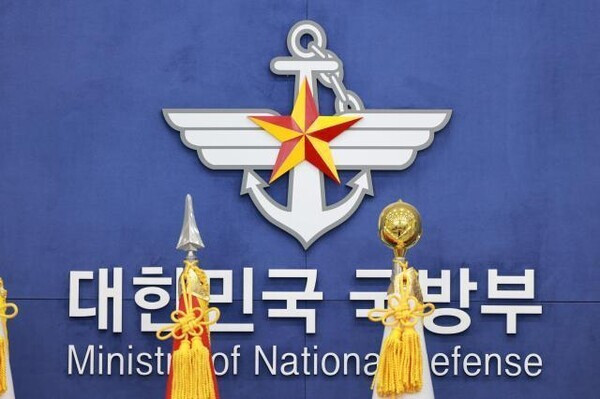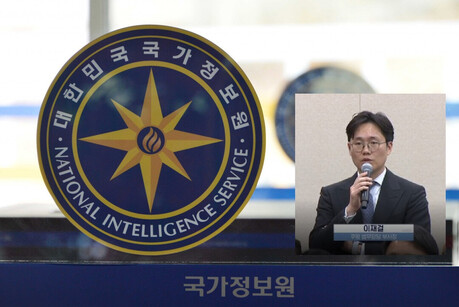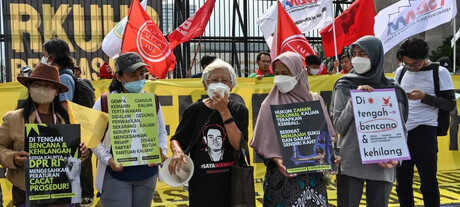
WASHINGTON D.C. — Elbridge Colby, the U.S. Under Secretary of Defense for Policy, on Friday praised South Korea as a "model ally" following its commitment to increase its defense expenditure to 3.5% of its Gross Domestic Product (GDP). This pledge was formalized in a joint fact sheet released during the recent U.S.-South Korea summit.
Colby made the commendation during a celebratory reception in Washington D.C. for the Korean National Day and Armed Forces Day. He highlighted the significance of South Korea's decision, noting it is the first U.S. treaty ally outside of NATO to meet the 3.5% defense spending benchmark set by President Donald Trump at the Hague NATO summit.
The Under Secretary, considered a key security policy figure and close aide to President Trump, underscored that President Lee Jae-myung and the Republic of Korea are demonstrating their commitment through "effort, money, seriousness, and commitment."
Colby described the U.S.-South Korea alliance as a "future-oriented alliance" and an extremely important component of the defense strategy under the Trump Administration and Defense Secretary Pete Hegseth. His appearance and direct statement at the event were deemed unusual, as he is known for maintaining a low public profile, making his remarks particularly noteworthy.
South Korea's commitment to the new GDP defense spending target follows the NATO summit in June, where members agreed to spend at least 3.5% of GDP annually on core defense expenditures by 2035. This move by Seoul is seen as a significant step toward modernizing the alliance, addressing the U.S. administration's consistent push for burden-sharing, and enhancing deterrence against persistent threats from North Korea.
Ambassador Kang Kyung-wha, hosting her first reception since her appointment as the South Korean Ambassador to the U.S., echoed the sentiment, stating that Presidents Lee and Trump have "opened a new chapter in our alliance." She emphasized that the relationship now reflects the "growing military, economic, and technological capabilities of South Korea."
The joint fact sheet not only detailed the increased defense spending but also included clauses aimed at guarding the freedom of navigation and overflight in the Taiwan Strait and opposing unilateral changes to the status quo in the Indo-Pacific, implicitly targeting China's regional assertiveness.
The event saw attendance from various high-level U.S. officials, including Michael DiSombre, Assistant Secretary of State for East Asian and Pacific Affairs, and other congressional and Pentagon figures, affirming the strong bilateral engagement.
[Copyright (c) Global Economic Times. All Rights Reserved.]




























